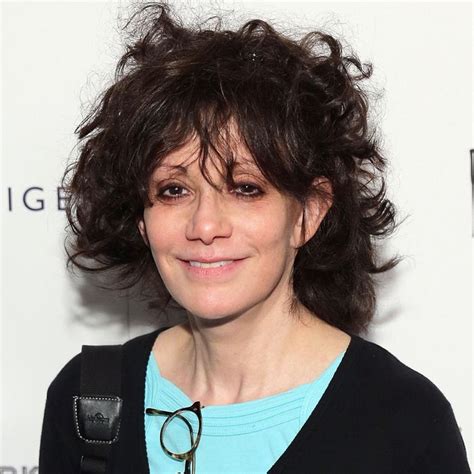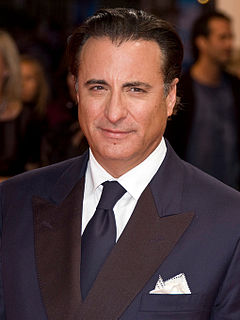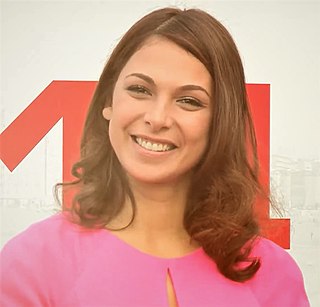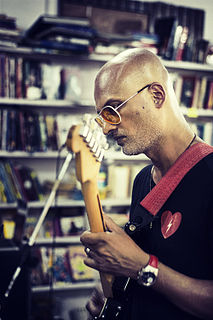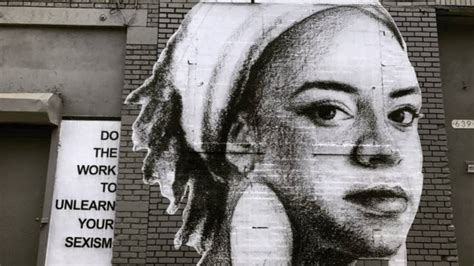A Quote by Kangana Ranaut
When I did these psychological characters like the drug addicts, the ones who were rejected and dejected, I started to feel a sort of melancholia which was very unnatural for me to have at a teenage. Then I avoided those characters.
Related Quotes
But actually making pictures to look like my pictures, I've done it for so long, I'm kind of used to it now. So at the beginning of the process, designing and storyboarding everything, I sort of did all that. And then designed the characters, and doing the textures for the characters, and the texture maps to cover all the animated characters and the sets, I did those, because that's where my sort of coloring and textures get imprinted on the film.
For a while, I was feeling like I was always playing characters that weren't specifically Korean or specifically Asian, even - that they were characters who were originally written white, and then they would cast me. And I used to consider that a badge of honor because that meant I had avoided stereotypes.
When writers are self-conscious about themselves as writers they often keep a great distance from their characters, sounding as if they were writing encyclopedia entries instead of stories. Their hesitancy about physical and psychological intimacy can be a barrier to vital fiction. Conversely, a narration that makes readers hear the characters' heavy breathing and smell their emotional anguish diminishes distance. Readers feel so close to the characters that, for those magical moments, they become those characters.
I tend to see my characters from inside and outside at once; this is a technique I use to retain a slight distance. It means my characters can act in unexpected ways on two axes: physical and mental. It isn't just, 'I thought this and then I did this,' which is the technique of the modern psychological novel.
I started in comedy when I first started as an actor on stage and doing improvisational theater and stuff like that. So a lot of people who know me know that sort of side of me. But I got the roles that I got as an young actor kind of steered me in a different direction, which were, at times, darker characters. And so comedy was not something that came easy for people to think of my in those terms.
The first thing, when I read the script, is that I need to care about what happens and feel compelled by the story and engaged by the characters. It needs to resonate with me, even if what the characters are going through is not something that I have experienced in my life. I have to feel like it has some sort of meaning to me.
I like complex characters. I've been very, very lucky to portray, in these past three years, characters that are strong and fragile at the same time. It's those characters that I'm looking for. In the last year and half I played three different religions, and that allowed me to educate myself so much.
Then there are the addicts, the hunger addicts, the rage addicts, the poverty addicts, and power addicts, and the pure addicts who are addicted not to substances but to the oblivion and the tenderness the substances engender. An addict, if you don't mind me saying so, is like a saint. What is a saint but someone who has cut himself off, voluntarily, from the world's traffic and currency?
I feel like we're looked at as either completely nonsexual characters or overly sexual characters, and I feel like that affects how we're treated in the public space by men. I believe that women of color experience street harassment in a very hyper way. So I wanted to draw these women in their very normal, regular states and put those images out there in the public for people to see, instead of these other, very sexualized, images of women.





